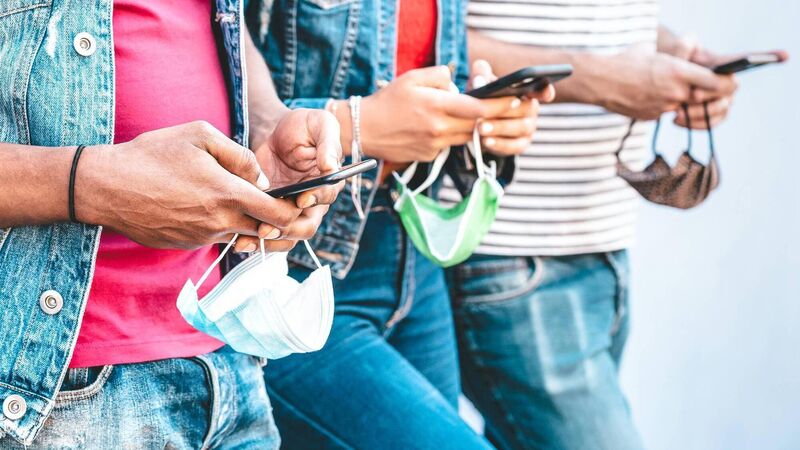Irish Examiner view: Critics unite against plans to ditch cash

The covid tracking app is expected to be discontinued this summer.
Farewell, then, to Ireland’s €1m covid tracking app which is likely to be decommissioned this summer with the end of EU regulations requiring countries to issue vaccine certificates.
The app, which was downloaded a million times by smartphone users within the first 36 hours of its launch in July 2020, was an early example in this country of mass persuasion by technocrats in response to the pandemic.













